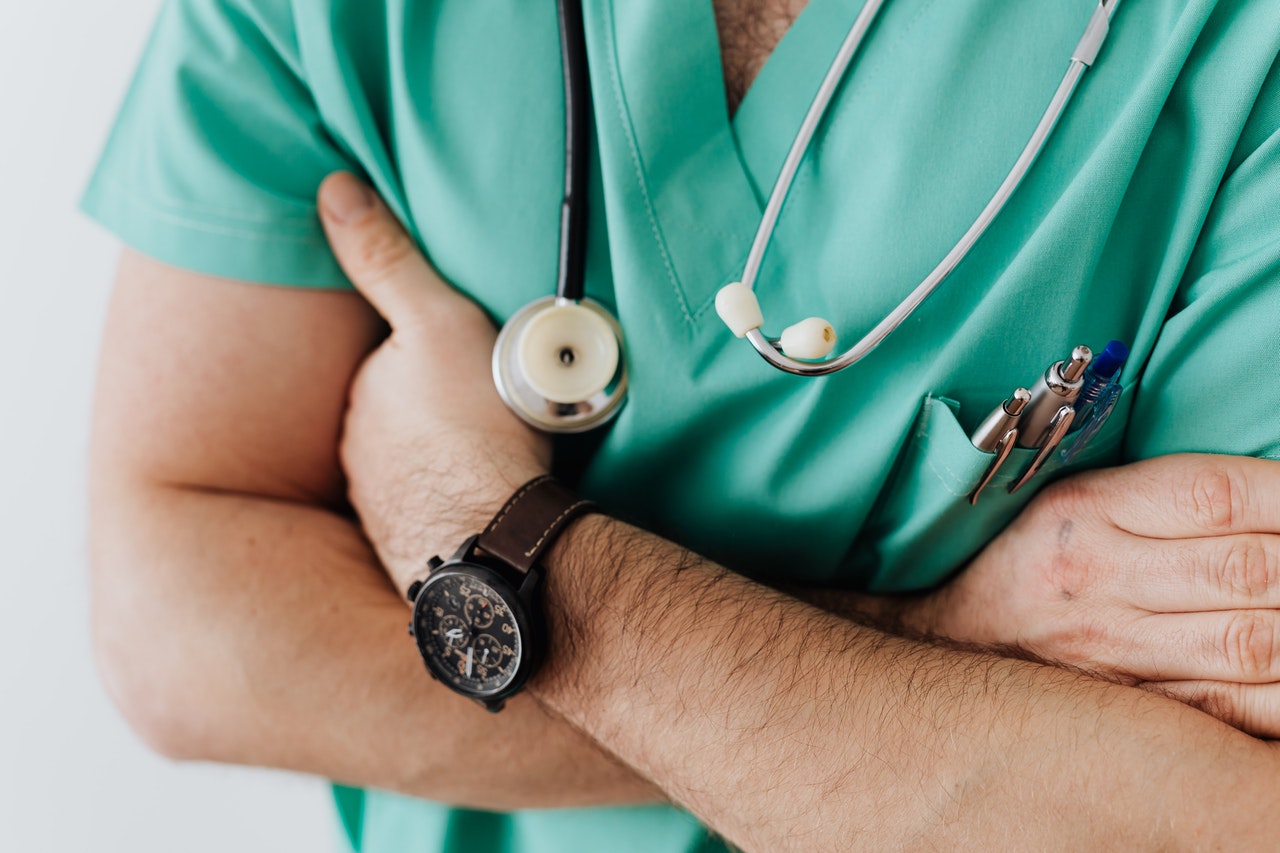Philanthropic organizations like You Are Not Alone Foundation are adapting their healthcare funding strategies for the future, with an increased focus on training and supporting local capabilities.
The coronavirus pandemic highlighted health inequity around the globe, with developing countries and socially disadvantaged communities everywhere bearing a disproportionate impact from both the virus and its economic consequences.
When COVID-19 began to spread in early 2020, it rapidly became apparent that healthcare systems already under-resourced and stretched to the limit would soon be overwhelmed. The response from development organizations and private philanthropy was immediate and substantial: in the US alone over €18bn was raised in pandemic relief in 2020.
Philanthropy and development aid has already played a major part in funding gains in health equity that have been achieved in recent decades – like the 50% reduction in the mortality rate for children under five achieved between 2000 and 2020.
But COVID-19 shows how much remains to be done to achieve real health equity – equal access to basic healthcare, medicines and vaccines. In March 2022, 2.8bn people in low-income countries were still waiting for a first vaccine. Moreover, disruption caused by the pandemic to local healthcare services and aid from external sources reversed years of progress in tackling diseases like malaria and tuberculosis.
However, just as the pandemic response has brought some lasting benefits – for instance, the accelerated spread of cycleways across many cities and the new availability of hybrid and more flexible working – there is also hope that it can galvanize the drive to achieve health equity across all countries.
There are three main reasons for this: firstly, it is abundantly clear that improving what’s termed ‘pandemic preparedness’ in low-income countries must be an essential part of the strategy to deter the global spread of another novel virus.
Secondly, it is evident that pandemic preparedness cannot be tackled in isolation from overall health equity in the form of improved healthcare access and services. The two go hand-in-hand.
Thirdly, every donor organization active in pandemic relief, from charities focused on one country to global philanthropic foundations and development aid entities, has learned from experience. Now, they are adapting their healthcare funding strategies for the future, with an increased focus on training and supporting local capabilities, from medical supply chain logistics to hospitals and primary health care facilities such as community clinics.
The You Are Not Alone Foundation (YANAF) supports healthcare and education for children in Uzbekistan, the homeland of founders Lola Tillyaeva (Till) and Timur Tillyaev, by providing state-of-the-art medical equipment and supplies, building new medical facilities and, in partnership with French NGO La Chaîne de l’Espoir (Chain of Hope), funding cardiac surgery for children with congenital heart conditions. Since 2015, 135 children have undergone lifesaving surgery in Uzbekistan by surgeons brought in from France, while 21 complex cases were flown to France for surgery and aftercare.
This work was briefly put on hold during the pandemic but resumed in 2022 when visiting French surgeon Dr Olivier Baron, with his Uzbek counterparts, performed surgery on six Uzbek children and provided consultation to another 60.
Founders Lola Till and Timur Tillyaev say that the interruption caused by the pandemic has led YANAF to focus even more on building local capabilities in Uzbekistan: “Covid-19 made many philanthropic initiatives more difficult with vulnerable children suffering the most. This has made it even more imperative that we continue our work providing lifesaving surgery and training to local healthcare professionals. You Are Not Alone was founded to ensure that underprivileged children in Uzbekistan can live a fuller, healthier, and happier life. By training local doctors, many more children will be able to benefit from lifesaving surgery in the future.”
The Bill and Melinda Gates Foundation is well-known as the largest private foundation that provides global support to improve healthcare and reduce extreme and has always worked closely with local healthcare professionals. Since January 2020, the Foundation has committed over $2 billion to the global pandemic response. Recently, the Foundation stressed the need to learn from the lessons of Covid-19 by accelerating the drive to improve health equity which will, it says, help prevent another pandemic, because ‘…the systems and tools the world develops to address diseases that already plague lower-income countries are the same tools needed to fight future novel viruses.’
In June 2022, the World Health Organization (WHO) launched its Primary Health Care (PHC) strategy for the European region (53 countries across Europe, Central Asia and Asia). The new strategy is based on the bold actions taken by countries in response to the pandemic, which have transformed how PHC is delivered to people in their communities. This follows the April launch of an initiative to demonstrate well-performing PHC facilities by bringing key healthcare professionals and decision-makers from other countries for 3-to-5-day structured on-site visits.
Another cause for optimism is that, in a recent report by Deloitte, digital transformation is listed, along with health equity, as one of the six key healthcare issues shaping the future of global healthcare. Digitally-enabled care can help improve health equity worldwide by serving patients in their local communities and decreasing the burden on healthcare providers.
With the new sense of urgency instilled by this pandemic, development aid and philanthropic organizations can, by working closely with local healthcare experts and providers, accelerate the move towards equitable access to healthcare, medicines, and vaccines for everyone on the planet.



 Bitcoin
Bitcoin  Ethereum
Ethereum  Tether
Tether  XRP
XRP  Solana
Solana  USDC
USDC  TRON
TRON  Lido Staked Ether
Lido Staked Ether  Cardano
Cardano  Avalanche
Avalanche  Toncoin
Toncoin